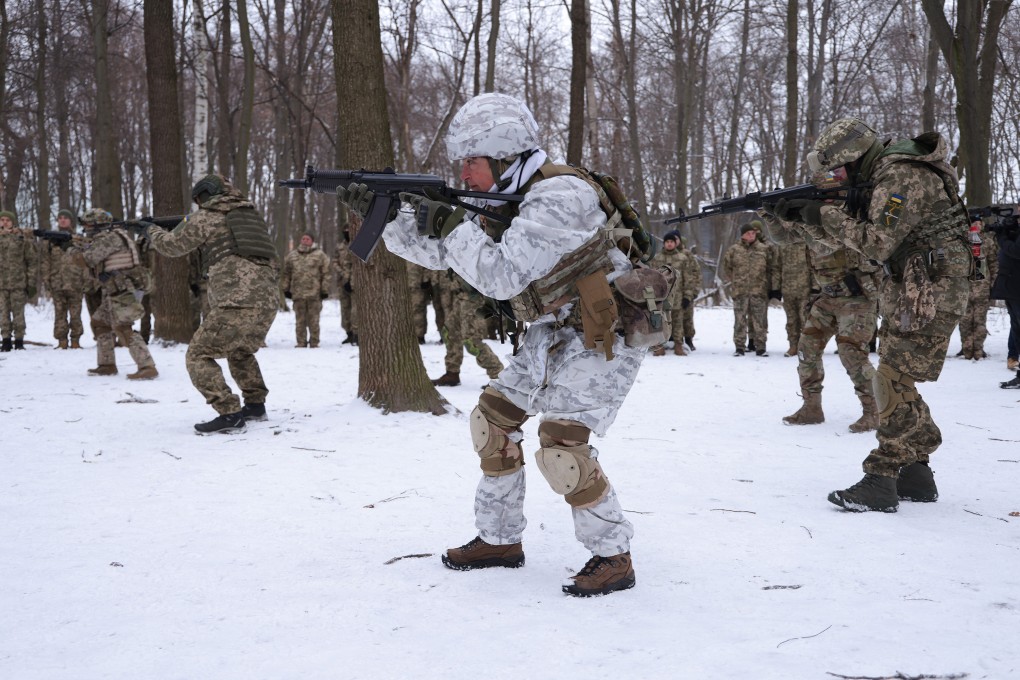The View | Ukraine crisis: why investors should fear inflation and interest rate rises, not war
- Geopolitical tensions are not always bad for stock markets, which have a history of going up in times of conflict
- Inflation, higher interest rates and reductions in central bank liquidity will do more damage to economies than a territorial war in Ukraine

The Japan team – the only office awake at that time around the world – were in the morning meeting and didn’t immediately get the message. This was in prehistoric, pre-email times. A secretary put a message slip on the boss’ desk. Another secretary came along five minutes later and put a piece of paper on top of the first, and so on.
Just before lunch, the team leader finally got to the bottom of the pile to see the message, but by then the whole world knew. He said that if he had got the message on time, he would have sold. In fact, the Hong Kong market was up more than 40 per cent by the end of the year, so he should have bought.
Nathaniel Rothschild knew something about wars. During the Napoleonic wars, he reportedly coined the phrase, “buy to the sound of cannons, sell to the sound of trumpets”. It was as accurate in 1991 as it was in 1812, when Napoleon Bonaparte advanced on Russia.
However, Rothschild also benefited from the trumpets. To protect his real business of transporting gold to pay the troops, he had a communications system of messengers, horses, carrier pigeons and fast boats at the ready.
